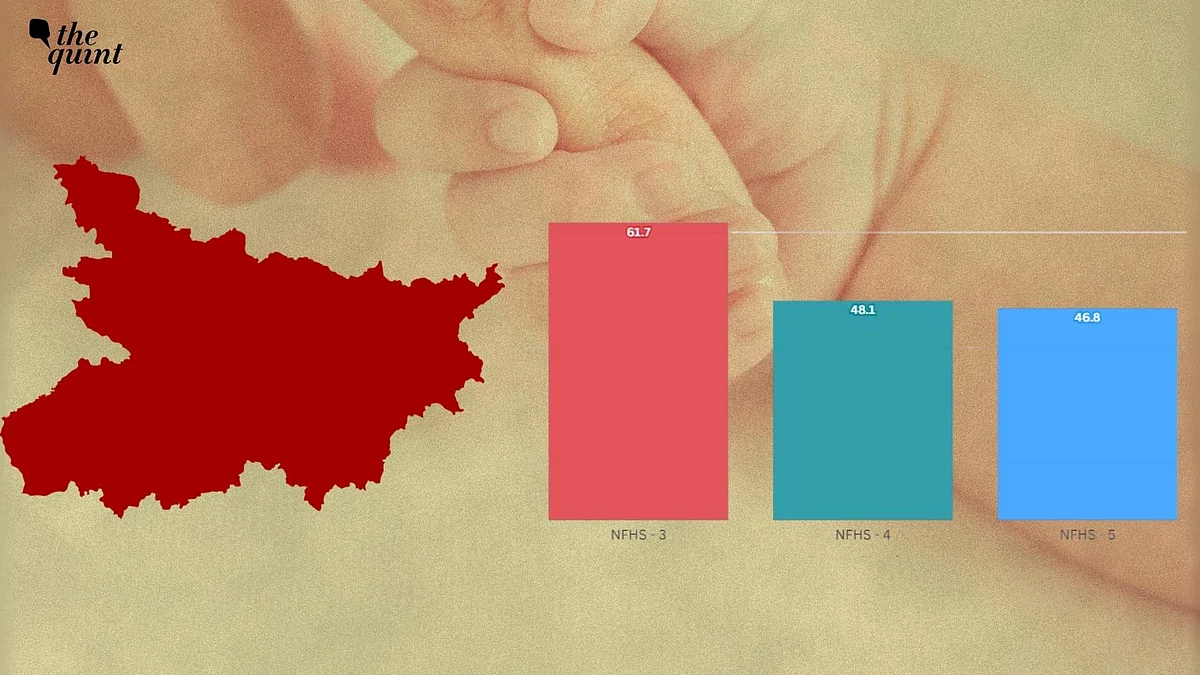Copyright The Philadelphia Inquirer

Refuse an illegal order I am distressed that so many attacks on small boats in the Caribbean Sea and the Pacific Ocean have been undertaken by the U.S. military, especially in light of the absence of a congressional declaration of war. The “war” on drugs cited by the president as justification for these lethal attacks is not a war in any conventional or legal sense. Further, there has been no evidence shared publicly to support the president’s claim that these vessels were engaged in trafficking drugs and not merely fishing boats undertaking legal activities. In light of what appear to be extrajudicial lethal attacks, doesn’t the military have not only the right, but the duty, to refuse to obey these attack orders? After all, even though the U.S.Supreme Court has granted President Donald Trump immunity from prosecution for any actions (including illegal actions) taken under the guise of his official duties, the “Nuremberg defense” (i.e., “I was only following orders”) is not available to members of the military. It seems these extrajudicial lethal attacks by the military have brought us dangerously closer to the reality that the president is above the law. Francis Talarowski,Philadelphia Time for massive reform As a physician and a student of medical history, I can recall multiple efforts at major healthcare reform in our country, but they’ve enjoyed only limited success. Several presidential administrations — dating back to Harry S. Truman — have also tried to implement changes that would bring us in line with most of our Western peer nations by creating a system that provides basic healthcare as a fundamental human right for all citizens. Early failures include President Theodore Roosevelt’s national health insurance proposal in 1912. Instead, a money-driven, for-profit healthcare system remains at the center of what some refer to as the U.S. medical-industrial complex, which comprises 20% of our nation’s GDP and is growing annually. I believe the timing for major reform is now very good, if not ideal. The ongoing government shutdown is fundamentally about healthcare. In addition, there are partisan threats against Medicare, Medicaid, and the Affordable Care Act, also known as Obamacare, which are all very real. Not only that, but private health insurance premiums are expected to rise in 2026 to unacceptable — and, for many, unaffordable — levels. This crisis creates unique opportunities for a major overhaul. The changes that must be made will be disruptive to many segments of the current healthcare system, including hospitals, pharmaceutical companies, and, perhaps most importantly, the insurance industry. Some jobs, many of which are unnecessary, will be modified or lost. Nevertheless, changing this dysfunctional system is now an imperative. Often, it takes a genuine crisis for significant change to occur. We are currently living through such a moment. We must act without delay. Richard Lippin, Southampton



